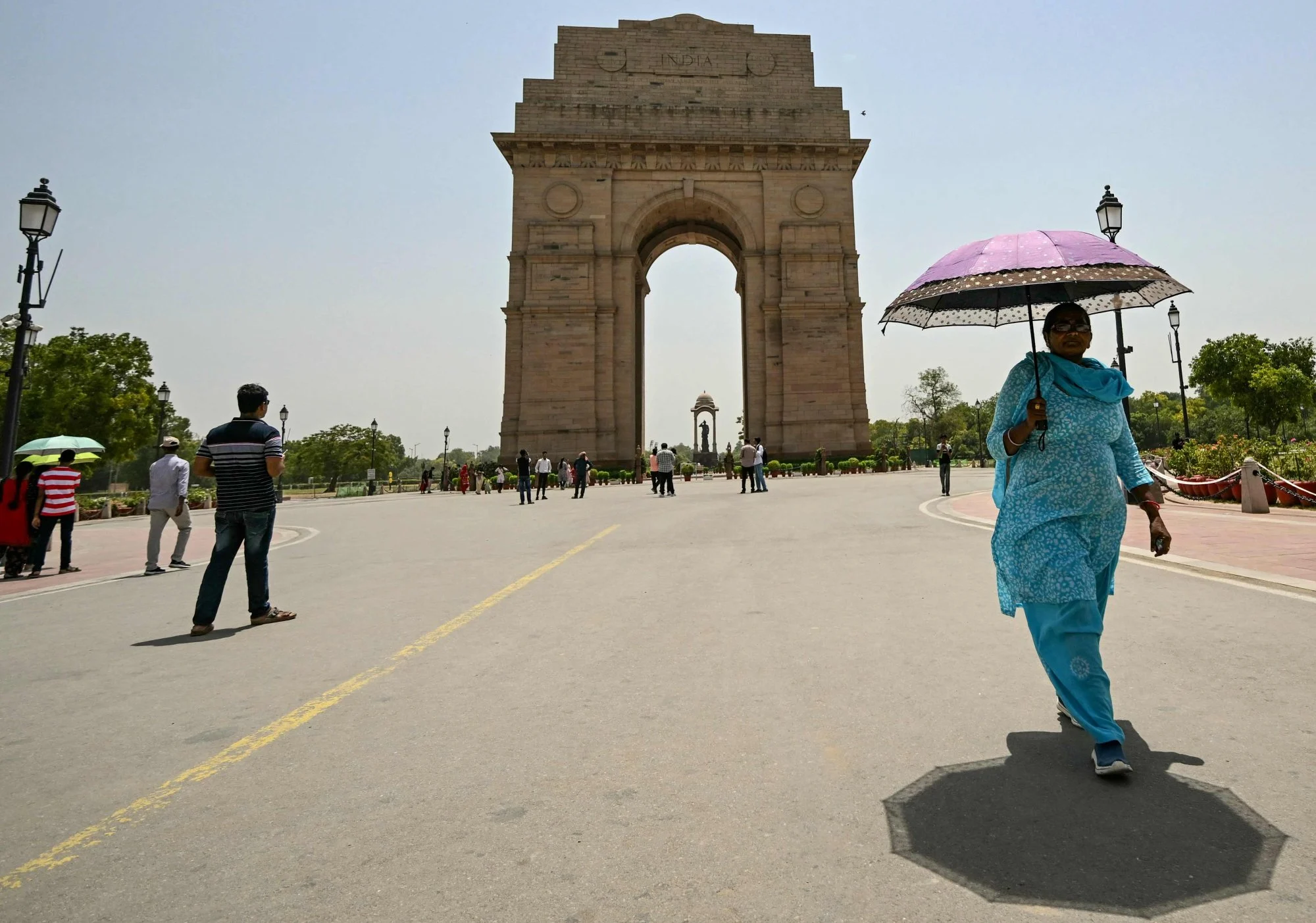India’s capital, Delhi, is currently grappling with an unprecedented heatwave as temperatures soared to a national record-high of 52.3 degrees Celsius, according to the India Meteorological Department (IMD). This scorching heat, described as “severe” by the weather bureau, has surpassed the previous national record set in the desert state of Rajasthan by one degree Celsius.
The IMD issued a red alert warning, indicating a high likelihood of heat-related illnesses, urging residents, particularly the vulnerable, to take extreme precautions. The intense heatwave has persisted even during the night, exacerbating the discomfort for the city’s estimated population of over 30 million.
Forecasters anticipate similar temperatures for Wednesday, underscoring the urgency for preventive measures. However, relief might be on the horizon as the IMD suggests a gradual reduction in temperatures from Thursday onwards.
This alarming rise in temperatures is not an isolated incident. In May 2022, parts of Delhi experienced temperatures as high as 49.2 degrees Celsius, reflecting a pattern of increasingly frequent and intense heatwaves attributed to climate change.
Apart from the health implications, the heatwave also raises concerns about water scarcity in Delhi. Authorities have warned of potential shortages, prompting measures to conserve water resources. Efforts to curb wasteful water usage include reducing supply frequency and rationing water to areas facing deficits.
The situation is compounded by the highly-polluted Yamuna river, which runs through Delhi, and the region’s dependence on neighboring states for water supply. With scorching winds from Rajasthan exacerbating the heat, the challenge of maintaining adequate water resources becomes more pressing.
Meanwhile, neighboring Pakistan has also been grappling with a week-long heatwave, with temperatures reaching a staggering 53 degrees Celsius in some areas. The onset of Cyclone Remal has further exacerbated the situation, bringing gales and heavy rains to parts of India and Bangladesh, claiming lives and highlighting the increasing impact of climate change on extreme weather events.
As India navigates through these challenges, including an energy supply crisis and the aftermath of natural disasters, the need for comprehensive strategies to mitigate the impacts of climate change becomes more apparent than ever.
